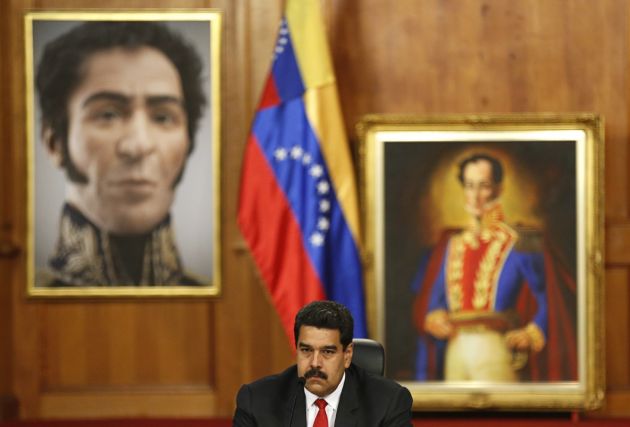Venezuela's Catholic bishops deplore pro-government bias in elections

Venezuela's Catholic bishops have criticized bias by the country's National Electoral Council in favor of the government of President Nicolas Maduro during last week's regional elections.
Maduro's regime took 18 out of 23 disputed governorships, but faced allegations of fraud from the opposition, which won five states, an increase of two.
It had been expected that the opposition would win a majority of states, given the economic crisis and months of anti-ruling party protests in which more than 120 people were killed, Catholic News Agency (CNA) reported.
The Venezuelan bishops on Oct. 19 denounced the National Electoral Council for "ignoring the appeals made by various national and international bodies, has once again shown itself to be a biased arbiter in the service of the governing political party."
Regional elections were held Oct. 15 and the U.S. State Department declared that the elections were neither "free nor fair."
The State Department cited last-minute changes to polling station locations without public notice, manipulation of ballot layouts, and limited availability of voting machines in opposition neighborhoods.
The 18 newly elected governors from Maduro's United Socialist Party of Venezuela were sworn in by the constituent assembly Oct. 19, while the five governors of the opposition Democratic Unity Roundtable boycotted the event.
Maduro has said the governors who will not be sworn in by the constituent assembly may not take office.
The constituent assembly is itself the product of contested elections, which took place July 30. The body has superseded the authority of the National Assembly, Venezuela's opposition-controlled legislature.
In its statement, the Venezuelan bishops' conference cited "multiple irregularities committed in the implementation of the electoral process: preventing political organizations from substituting candidates as provided by law, sending voters over to other polling stations at the last minute, the lack of neutral international observers, and voters being pressured into voting a certain way."
They charged, "All this constitutes an obstacle to exercising one's right to vote and creates mistrust in the election processes."
The bishops also referred to "the decision to create new authorities, preventing from taking office governors elected in those states that did not support the Maduro regime in the elections."
They said this "is clearly ignoring and mocking the will of the people on which the legitimacy of any election rests."
